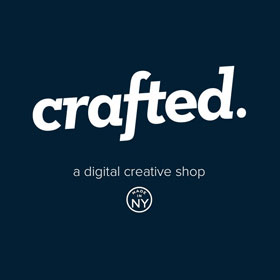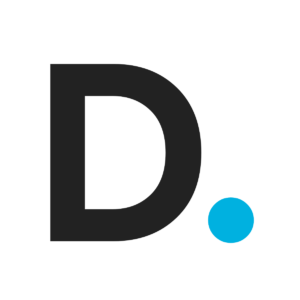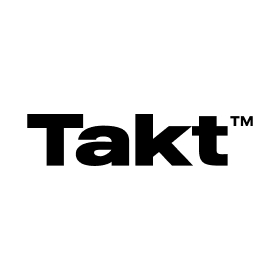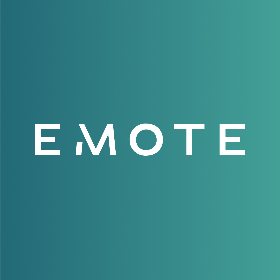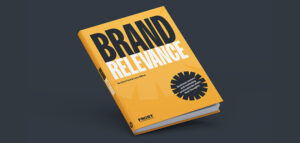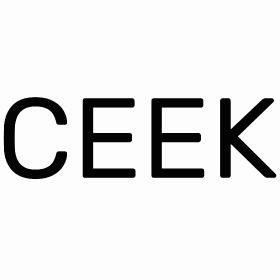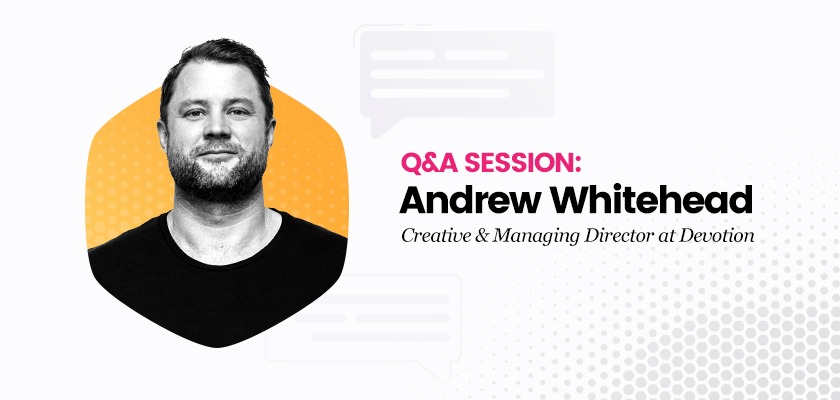
Digital Transformation After COVID-19 Explained by Andrew Whitehead from Devotion
Andrew Whitehead, Creative & Managing Director at Devotion, has joined our Q&A session about digital transformation.
Devotion is another digital agency which already has had a flexible work mindset. Hereby, they easily adapted to working remotely. Having clients from many different industries, Andrew Whitehead also shared his insights into the digital transformation.
Q1. Digital transformation for companies and brands has become almost mandatory in a very short time. As a digital agency, how are you handling this process? Can you please share some concrete examples elaborating your digital transformation process?
Devotion’s been very lucky, in that we have operated with an agile, digital model from the outset, so our need to ‘transform’ in response to the pandemic has been minor. We’ve always operated with a flexible work mindset, acknowledging the fact that a modern workplace is essential in enabling our team to enjoy a decent work-life balance. While we have a beautiful office space and enjoy the in-office culture, our people regularly work from home with no disruption to both our internal operations or to our client projects.
The biggest transformation we have seen, however, is the scale with which people are now operating remotely: our entire team has now been working from home for close to two months, as have most of our clients. This means we’ve had to adjust slightly to running workshops and discovery sessions remotely when these would have traditionally been handled in a face-to-face manner. We’ve utilised a variety of different platforms to facilitate this, and we switch between them based on need. This includes platforms like Zoom and Microsoft Teams for virtual meetings, and Bizzabo, an ‘event-based’ solution for workshop-style sessions.
And if you look beyond the platform-related aspects of ‘digital transformation’, the events of the last few months have only reinforced the need to invest in good relationships. We’ve focused on over-communicating, being open and transparent around how we’ve been affected as an agency, and how we can educate and make life for our clients easier. The people-side of any change process is key.
Q2. Can you share some precautions you have taken to continue business as usual during the COVID-19 outbreak?
We were early to adopt to the changing environment, aided by the fact that our business is so capable of working remotely. Taking care of our team’s wellbeing was our number one priority and moving the office to a completely remote operation was seamless. Our daily ‘stand-ups’, are now virtual (a ’sit-down’ for most!), and over-communication internally and externally has helped. We’ve maintained all our regular meetings, and found ourselves shortening them as we’re more efficient remotely – one positive outcome from all of this.
From a team point of view, we’ve communicated constantly on the changing market forces, the impact to our business, and to our clients’ businesses. This open dialogue with our team has allowed us to get through isolation together, without feeling miles apart. I don’t believe we’ll ever return to ‘business as normal’, as the pandemic has illustrated just how effective remote working can be – and how nice it is in many ways. However, I know we’re all collectively looking forward to some face-to-face engagement soon!
From our clients’ perspectives, there’s been very little change from our side. We’ve continued to deliver against their expectations and, similarly to our internal approach, we’ve focused on keeping lines of communication open. The biggest change we’ve witnessed with our clients has been the lengthening of approval processes and signing-off of key milestones. This has been largely due to delays in stakeholder meetings due to isolation.
Q3. What industries are your clients mainly focused on? How has COVID-19 affected these industries?
Thankfully, Devotion works across many different industries, some of them being less affected than others. We’ve got domestic and international travel clients that have been hugely affected, along with building and construction, while some of our consumer clients have seen uplift.
Q4. What are your insights into digital transformation within different industries? How do you think they will evolve?
We’ve seen a significant shift in conversations around digital transformation, and a shortening of this horizon for many businesses. What was once seen as a medium to long-term objective, is now being forced upon them. While the transformation will vary significantly across the industry, there’s a number of common aspects that we’re seeing:
- Customers are expecting digitally-enabled experiences. If you’re not providing them, then it’s going to be hard to compete.
- Business intelligence governs everything, and the ability to generate fast and accurate insights will deliver the competitive edge.
- The shift to cloud will enable businesses to be more agile and efficient.
- Microservice architectures, enabled by the cloud, will allow organisations to harness best-of-breed applications, and free them up from traditional monolithic approaches.
- Automation will continue to be the key to unlocking better ongoing customer engagement and driving better internal efficiencies.
- Cognitive technologies will further personalise human-to-tech experiences.
From a more tangible and immediacy aspect, I think the following can be seen:
- Offices will no longer be the primary workplace.
- Video conferencing and remote technologies will be utilised more than ever.
- Digital media budgets will increase as audiences no longer congregate in physical environments.
- Employee experiences are as important as those of your clients and their customers.
Q5. Companies are now investing more on various digital channels. Based on your know-how in digital marketing, which sectors should focus on investing in which digital channels?
The reality is that this is so varied. Industries severely impacted, such as travel, are in business hibernation, while others like retail, are ramping up their online sales capabilities, and those in hospitality are pivoting to explore new revenue streams.
The important thing is to realise that if you can continue to advertise and spend through the downturn, then you will be in a stronger position when the recovery starts. For many that spending won’t be on advertising alone, but also on the digital foundations to support it.
We’ve seen renewed investment in the following sectors which is great: domestic travel (and associated downstream industries), retail, food and beverage, telehealth, building and construction (particularly DIY and retrofit), insurance, and financial services.
Q6. After the COVID-19 crisis, it is expected that the need for digital agencies will increase. Companies will invest in digital more than ever. In this case, why do you think they should partner with your digital agency?
This is simple: being full service means we can work with an organisation from a strategic viewpoint, driving digital transformation, and then execute against the roadmap, with full implementation skills in-house.
We talk about this as a core differentiator, as many organisations that offer ’strategy’, do just that. They deliver reams of paper that tick stakeholder to-do lists, but rarely set an actionable path for delivery. Our approach is a mix of high-level strategic insight and direction-setting, underpinned by a roadmap and associated task plans that are actionable by the business. Unlike other strategic pieces that only set a high-level direction, this strategy will set the direction, and then define how to get there – it acts as a roadmap for the entire business.
Also, with nearly 20 years in the market, and an exceptionally talented team, there’s plenty of great examples of where we’ve delivered measurable and meaningful success to our clients.
Q7. Are there any practices that you have adjusted during COVID-19 that you would like to continue after this crisis ends? (e.g. remote working)
While we were well placed for remote working already, we’ve refined operations around the ‘all in’ model, and I think we’ll see more of this, both at Devotion, and also within our clients. While we’ll still have our office, and the return to physical engagement will be great, the added flexibility and focus on work-life balance through remote working, will deliver positive longer-term benefits.
Q8. How does being a DAN member contribute to your agency’s success?
DAN is a well-respected and trusted source for many of our existing and also prospective clients. While it’s still growing in reputation and influence in Australia, its strength internationally is of great benefit, driving traffic and enquiries.
About Devotion
Devotion is an independently owned, full-service digital agency. They combine creativity with deep technical understanding to create smart, results-driven experiences.


